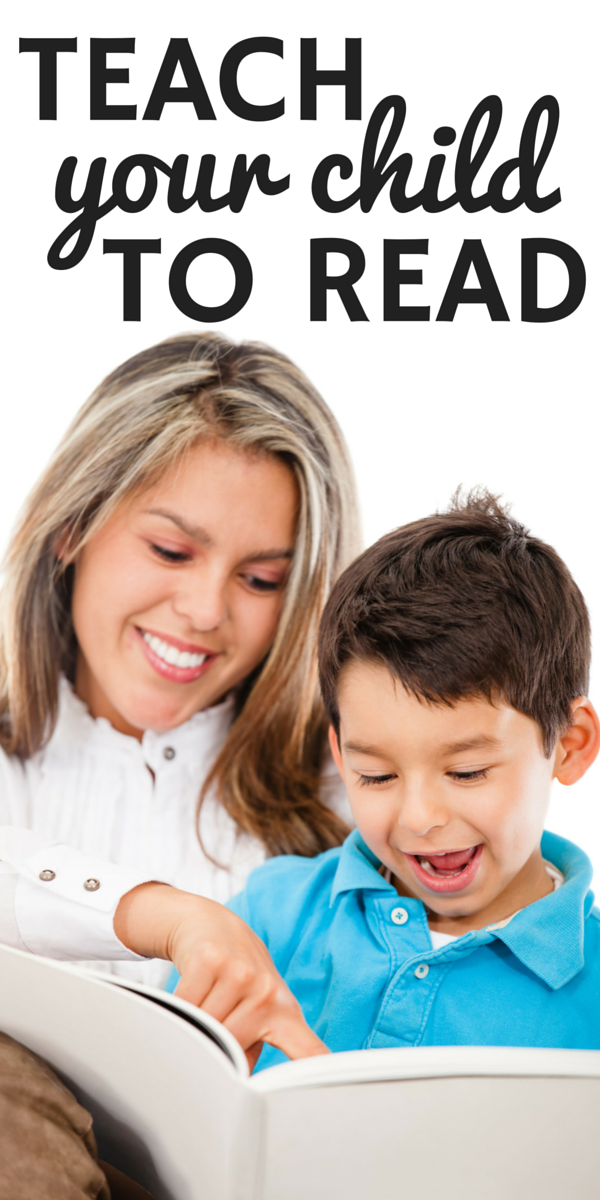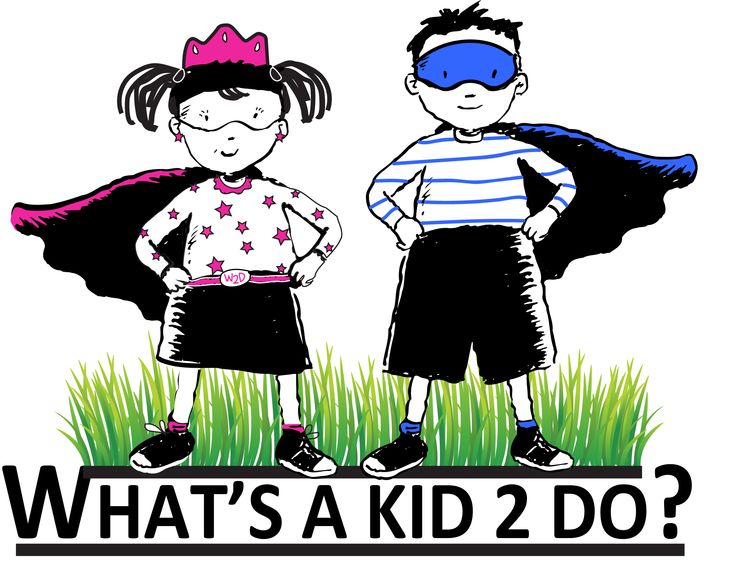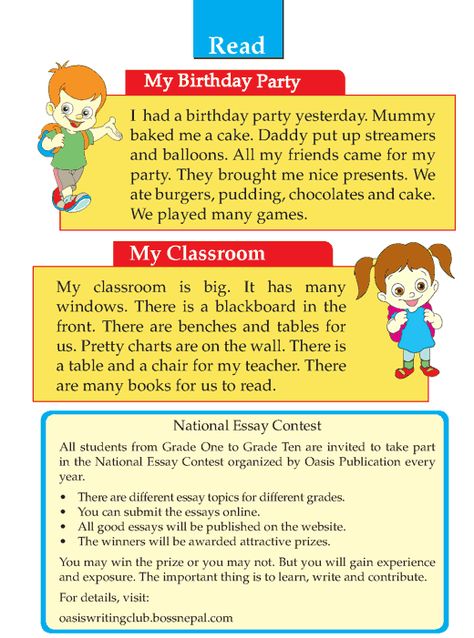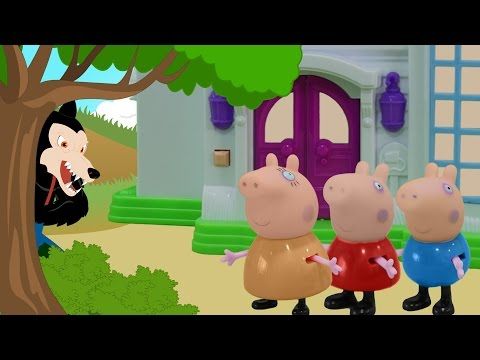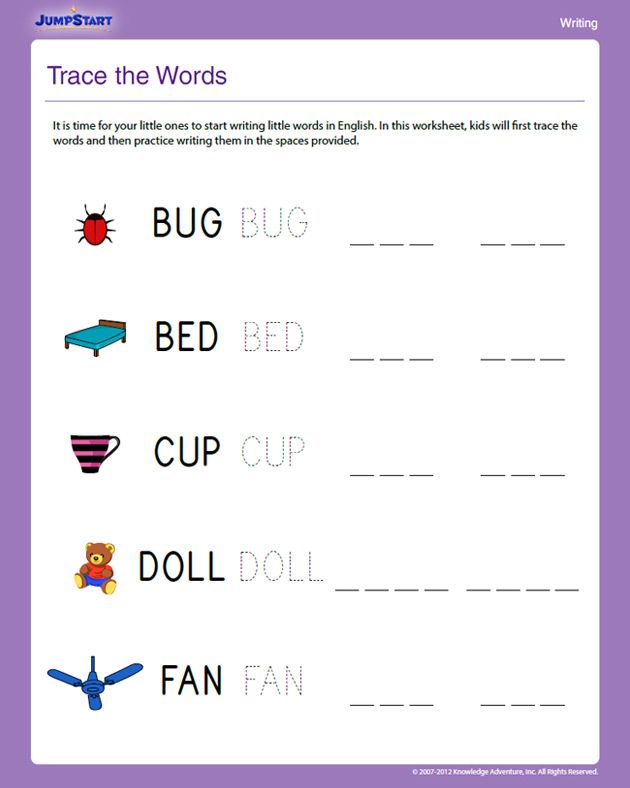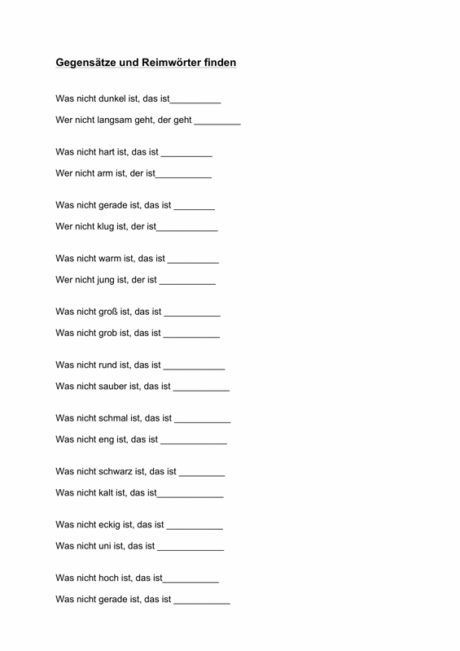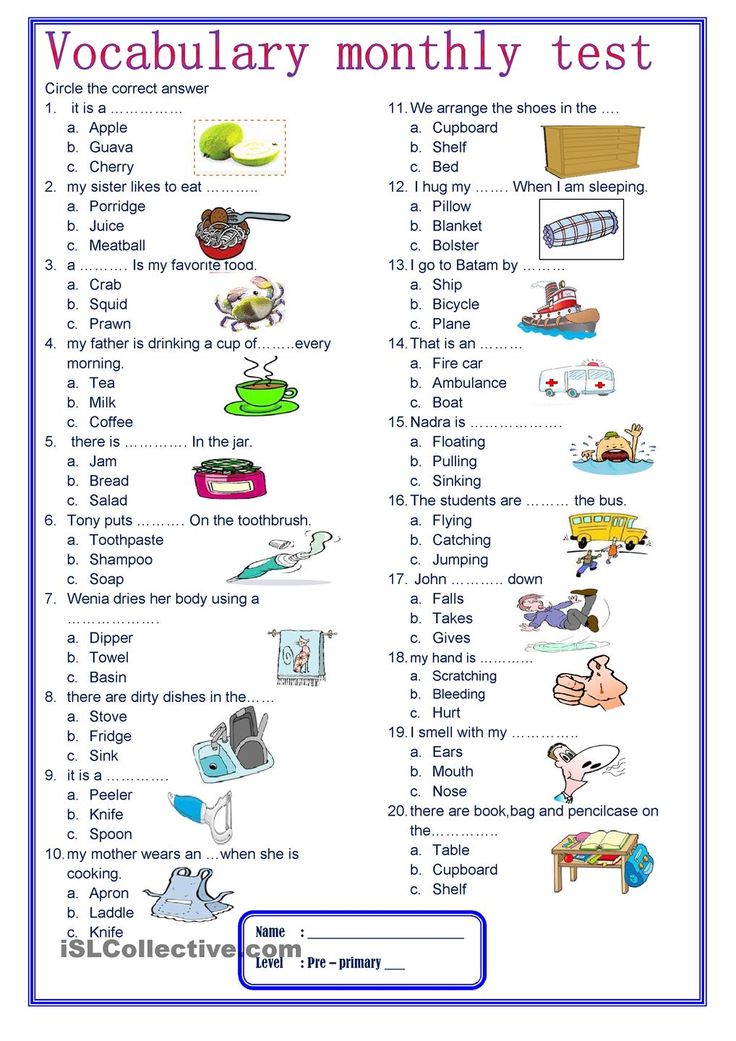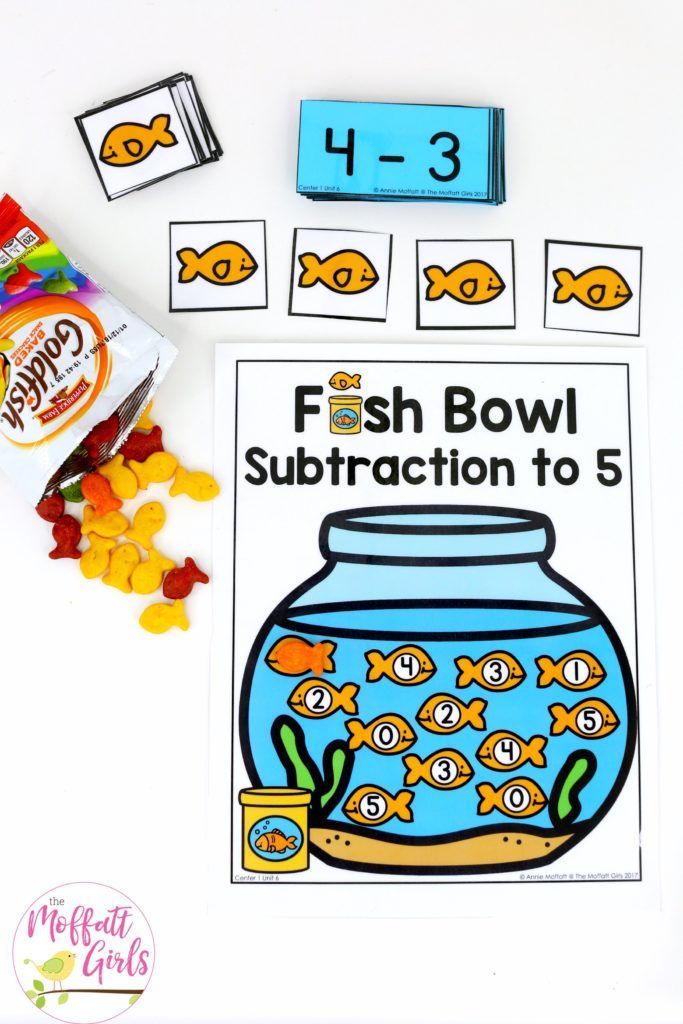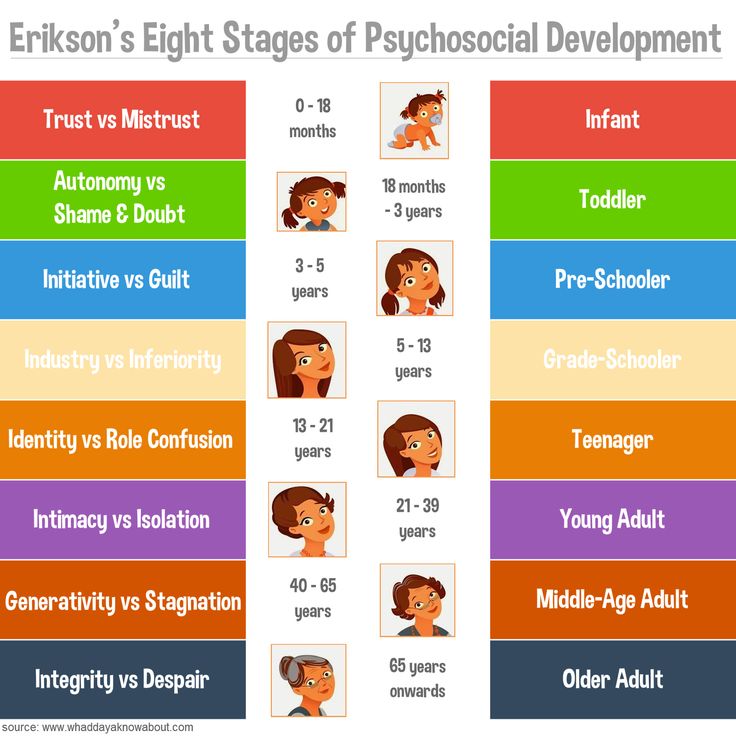Preschool reading skills
Reading Development and Skills by Age
Even as babies, kids build reading skills that set the foundation for learning to read. Here’s a list of reading milestones by age. Keep in mind that kids develop reading skills at their own pace, so they may not be on this exact timetable.
Babies (ages 0–12 months)
- Begin to reach for soft-covered books or board books
- Look at and touch the pictures in books
- Respond to a storybook by cooing or making sounds
- Help turn pages
Toddlers (ages 1–2 years)
- Look at pictures and name familiar items, like dog, cup, and baby
- Answer questions about what they see in books
- Recognize the covers of favorite books
- Recite the words to favorite books
- Start pretending to read by turning pages and making up stories
Preschoolers (ages 3–4 years)
- Know the correct way to hold and handle a book
- Understand that words are read from left to right and pages are read from top to bottom
- Start noticing words that rhyme
- Retell stories
- Recognize about half the letters of the alphabet
- Start matching letter sounds to letters (like knowing b makes a /b/ sound)
- May start to recognize their name in print and other often-seen words, like those on signs and logos
Kindergartners (age 5 years)
- Match each letter to the sound it represents
- Identify the beginning, middle, and ending sounds in spoken words like dog or sit
- Say new words by changing the beginning sound, like changing rat to sat
- Start matching words they hear to words they see on the page
- Sound out simple words
- Start to recognize some words by sight without having to sound them out
- Ask and answer who, what, where, when, why, and how questions about a story
- Retell a story in order, using words or pictures
- Predict what happens next in a story
- Start reading or asking to be read books for information and for fun
- Use story language during playtime or conversation (like “I can fly!” the dragon said.
“I can fly!”)
Younger grade-schoolers (ages 6–7 years)
- Learn spelling rules
- Keep increasing the number of words they recognize by sight
- Improve reading speed and fluency
- Use context clues to sound out and understand unfamiliar words
- Go back and re-read a word or sentence that doesn’t makes sense (self-monitoring)
- Connect what they’re reading to personal experiences, other books they’ve read, and world events
Older grade-schoolers (ages 8–10 years)
- In third grade, move from learning to read to reading to learn
- Accurately read words with more than one syllable
- Learn about prefixes, suffixes, and root words, like those in helpful, helpless, and unhelpful
- Read for different purposes (for enjoyment, to learn something new, to figure out directions, etc.)
- Explore different genres
- Describe the setting, characters, problem/solution, and plot of a story
- Identify and summarize the sequence of events in a story
- Identify the main theme and may start to identify minor themes
- Make inferences (“read between the lines”) by using clues from the text and prior knowledge
- Compare and contrast information from different texts
- Refer to evidence from the text when answering questions about it
- Understand similes, metaphors, and other descriptive devices
Middle-schoolers and high-schoolers
- Keep expanding vocabulary and reading more complex texts
- Analyze how characters develop, interact with each other, and advance the plot
- Determine themes and analyze how they develop over the course of the text
- Use evidence from the text to support analysis of the text
- Identify imagery and symbolism in the text
- Analyze, synthesize, and evaluate ideas from the text
- Understand satire, sarcasm, irony, and understatement
Keep in mind that some schools focus on different skills in different grades. So, look at how a child reacts to reading, too. For example, kids who have trouble reading might get anxious when they have to read.
So, look at how a child reacts to reading, too. For example, kids who have trouble reading might get anxious when they have to read.
If you’re concerned about reading skills, find out why some kids struggle with reading.
Related topics
Reading and writing
5 Pre-Reading Skills Kids Need To Be Successful Readers
By: Author ABC's of Literacy
Posted on Last updated:
1238 shares
- Share
- Tweet
Before we can teach our children to read, it is important to first build the foundation for lifelong learning and reading success. Here are 5 Pre-Reading Skills Kids Need To Be Successful Readers:
What You'll Find On This Page
5 Pre-Reading Skills Need To Be Successful Readers:
1.
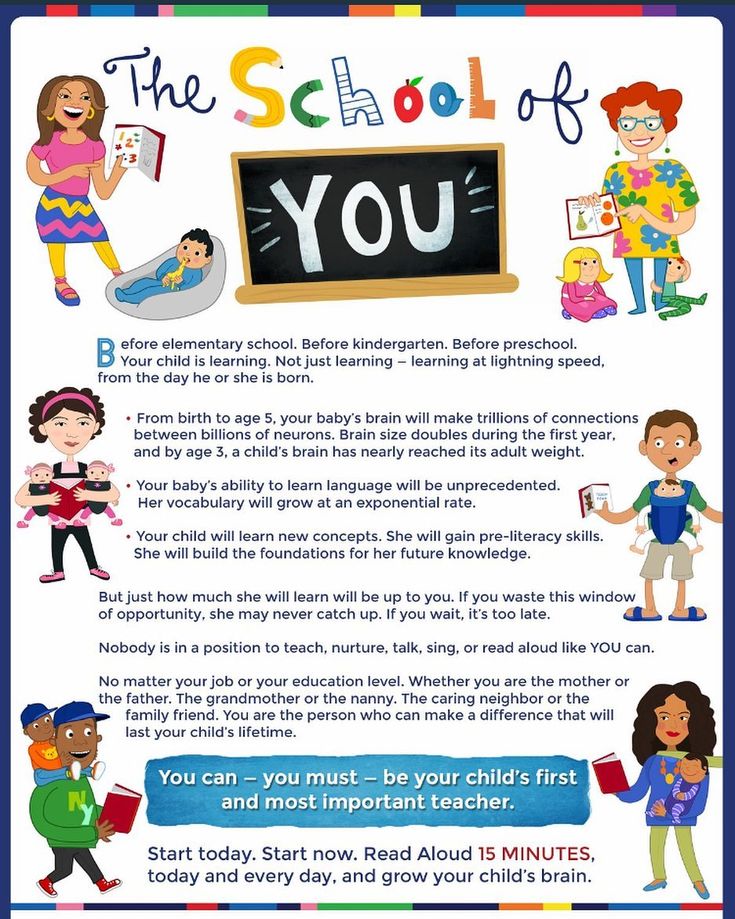 Motivation To Read
Motivation To ReadIn order to learn, children need to be ready and have the motivation to read.
What Can Children Do?
- Show an interest in books and reading
- Ask you to read aloud
- Pretend to read
What Can Parents Do?
- Let your child pick what book he or she wants to read
- Read to your child everyday (Find a story in one of these book lists for kids)
- Read with enthusiasm
2. Language Skills
Children need to have language skills before learning how to read so they can describe things and share their knowledge and ideas.
What Can Children Do?
- Answer simple questions about a story
- Retell a story in their words
- Describe elements in a story such as the characters and setting
What Can Parents Do?
- Ask your child open-ended questions like “what do you think will happen next?”
- Have your child retell the story using puppets or a flannel board
- Encourage your child to make up his or her own story
3.
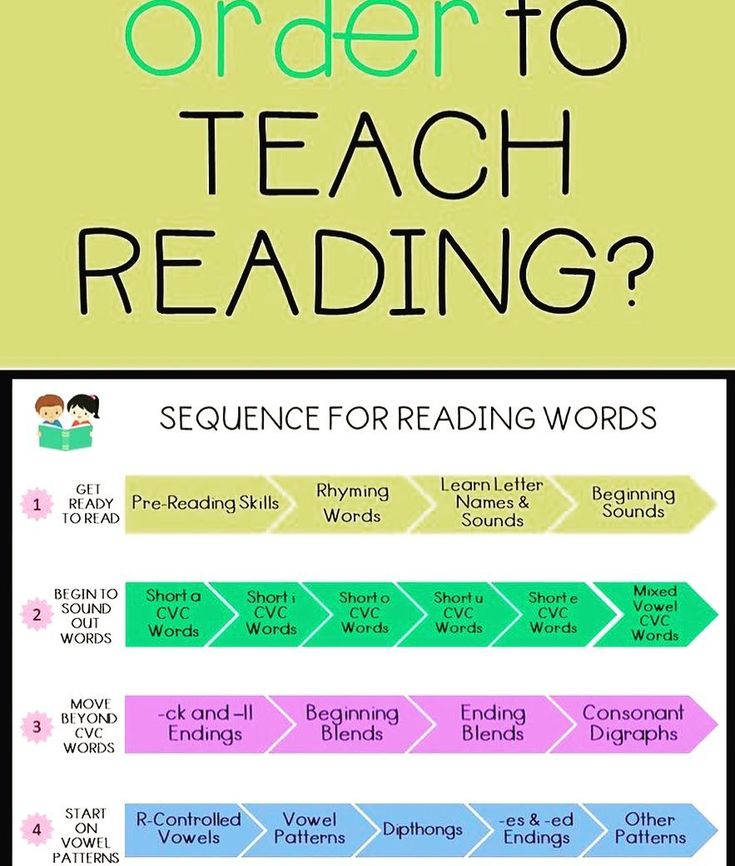 Concepts of Print
Concepts of PrintIn order to learn how to read, children must understand how books work or concepts of print.
What Can Children Do?
- Hold a book correctly
- Turn pages in the right direction
- Read from left to right and top to bottom
- Understand words represent a spoken word and convey a message
What Can Parents Do?
- Use your finger to track the words
- Point to the parts of a book such as the front cover, title, and author (Use the Parts of a Book Poster & Worksheet to help you)
- Let your child hold the book, turn the pages, and point to the words as you read
4. Letter Knowledge
Letter knowledge is understanding that the letters of the alphabet have different names and sounds.
What Can Children Do?
- Name the letters of the alphabet
- Recognize lowercase and capital letters
- Name each letter’s sound
What Can Parents Do?
- Teach your child the letters in his or her name (Use the Letter Knowledge Assessment to track the letters your child learns)
- Read Alphabet books
- Ask your child to identify letters on things in the grocery store or on signs around town
5.
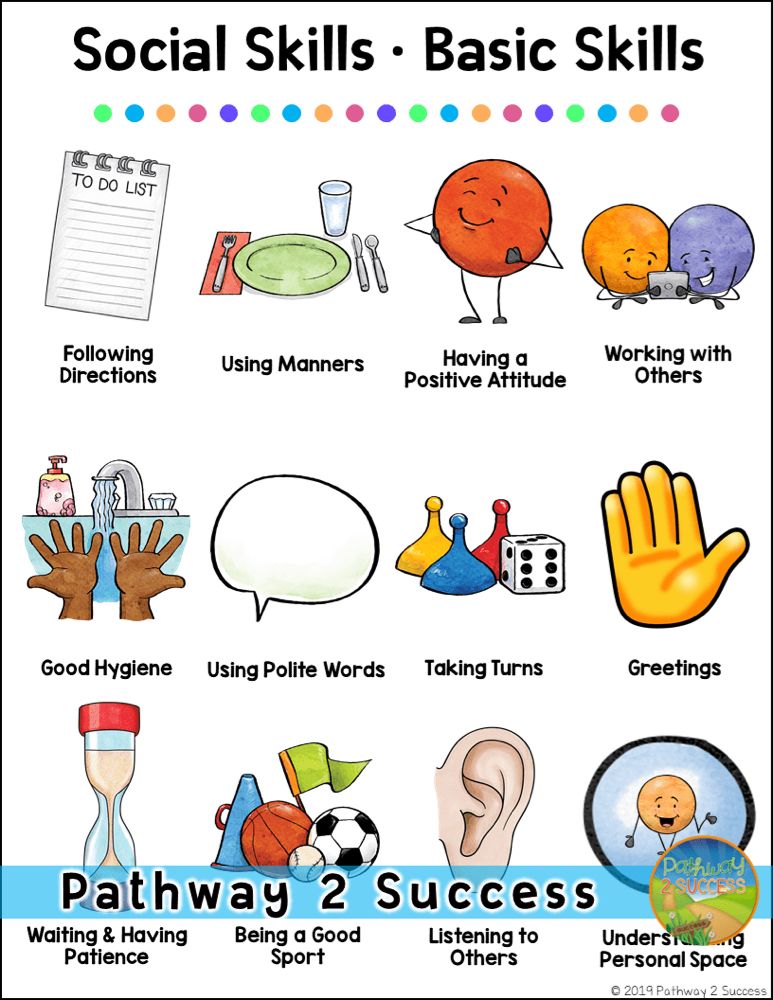 Phonological Awareness
Phonological AwarenessPhonological Awareness is hearing and understanding that that words are made up of smaller sounds.
What Can Children Do?
- Rhyme
- Count the syllables in a word
- Blend sounds together
- Segment or break words down into individual sounds
- Substitute one letter sound for another one to make a new word
What Can Parents Do?
- Sing songs and rhymes
- Play word games
- Reading rhyming books
After a children develop these pre-reading skills, they will continue to learn and grow as a reader. They will learn about phonics, sight words, and much more as they establish the building blocks for reading success.
Preschool Unit Lesson Plans:
Are you looking for fun, hands-on activities for your preschooler? These Preschool Unit Lesson Plans include an entire year of the most popular themed units! Click on the picture to learn more about this resource!
More Resources for Pre-Readers:
Learning the ABC’s
Book List for Kids
Pre-Reading Skills Checklist:
Do you want a checklist of these pre-reading skills? Click on the box below to automatically download and print Pre-Reading Skills Checklist PDF:
Development of reading skills in preschool children
Through good books, children get acquainted with moral standards: they begin to see goodness, notice beauty, feel harmony.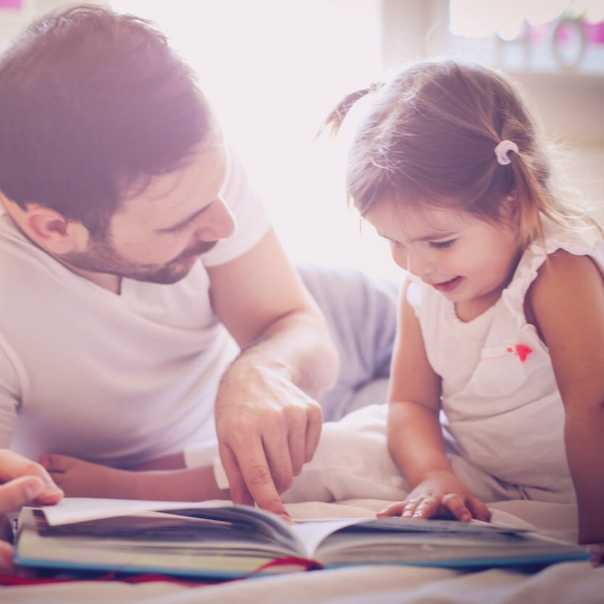 All this allows the formation of a harmoniously developed personality.
All this allows the formation of a harmoniously developed personality.
Children should be introduced to art and the world of books as early as possible. numerous studies of such scientists as A.V. Zaporozhets, D.B. Elkonin, L.S. Vygotsky and others confirm this.
Contents
- How is a child's literary experience acquired?
- Elements of reading activity
- What tasks are set in the formation of a child-reader?
- Development of reading skills - what's the problem?
- What is the future reader like?
- Methods for the formation of artistic activity
- Typical characteristics of the reader
- Skills of a novice reader
How is a child's literary experience acquired?
Many authors write that it is the literary experience that people acquire in childhood that influences the development of a person's values and forms his aesthetic culture, the development of reading skills. Opening the world of artistic verbal art to the preschooler, we lay the foundations for further literary education.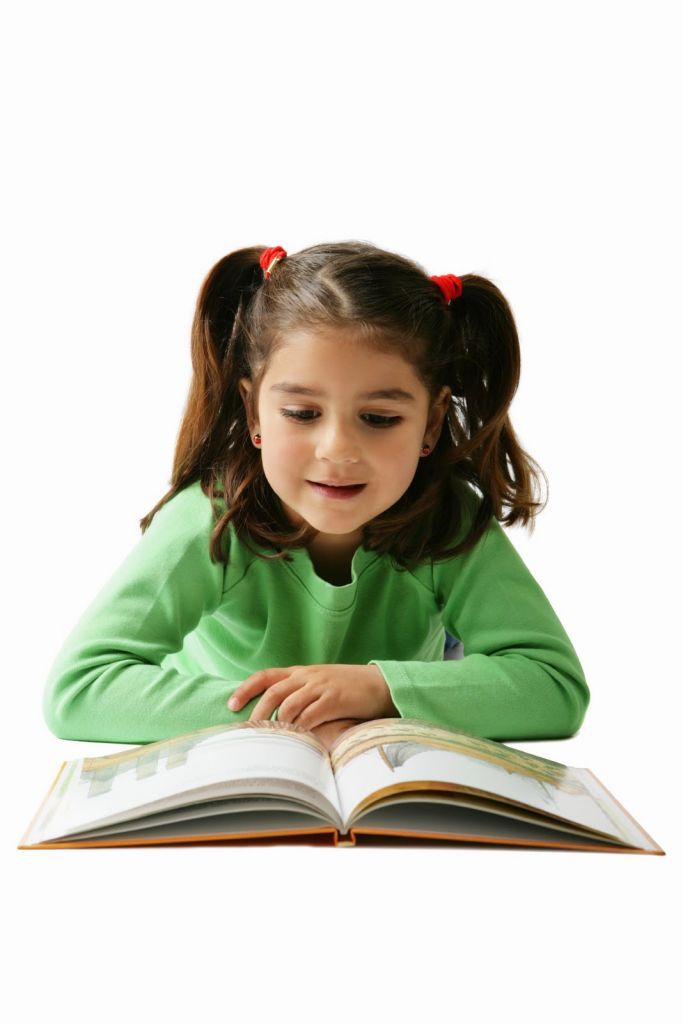
Already in the first grade it becomes clear how important this is. Children are able to be interested in fiction and feel the need to have books read to them.
To achieve this task, it is necessary first of all to develop the initial skills of the reader, who can experience the aesthetic pleasure of perceiving a work of art. Usually such readers are called developed and creative. S.Ya. Marshak considers them talented.
Given the existing conventionality of the concept of "reader" in relation to children of preschool age, we immediately note that this term refers to the future reader. Also, the term “reading skills” can be attributed to these children, since it is at this age that the first foundations are laid for the further formation of the reader in preschool.
Next, having considered the elements of the structure of the literary development of preschool children, we will discuss the importance of developing their artistic speech skills (which are the basis of future reading skills).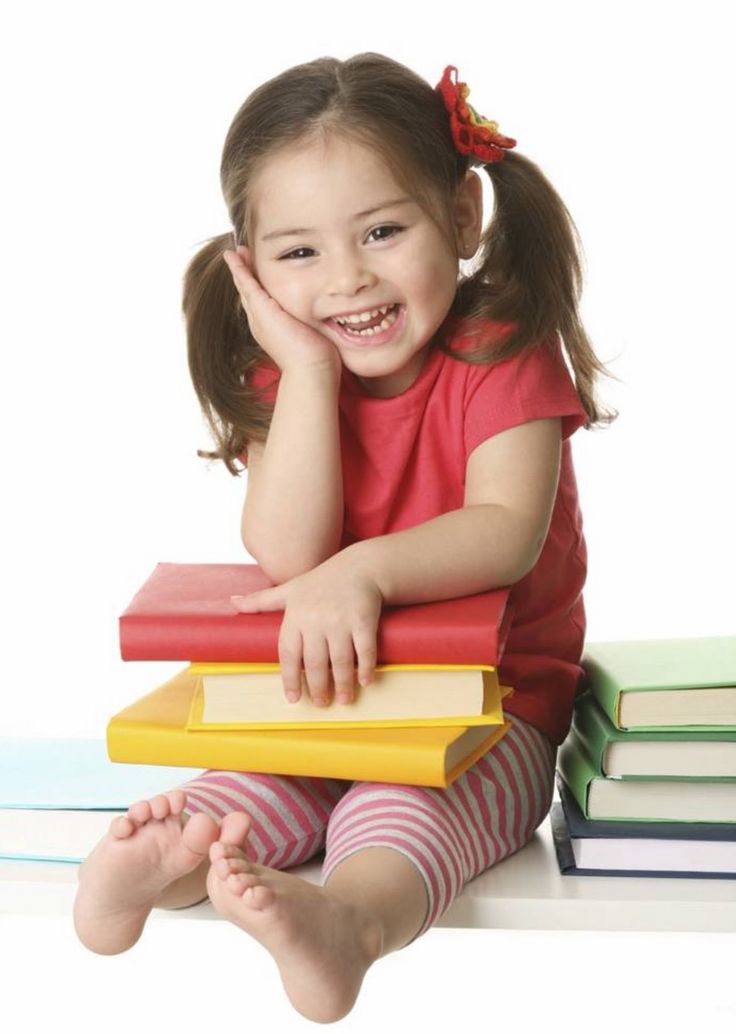 We will also justify the need to use an integrated approach to solving this issue.
We will also justify the need to use an integrated approach to solving this issue.
Elements of reading activity
N.N. Svetlovskaya (a well-known researcher and developer of methods for developing reading skills) offers a concept according to which the reader first needs to form the correct reading activity, which consists of three elements:
- the reader must be motivated to read books and have specific goals for this;
- the reader must be familiar with the world of books;
- The reader must have a sufficiently high level of perception of the plot of the book read.
The book is a coded foreign speech addressed from the writer to the reader. This speech is framed by various artistic language means for a deeper transmission of impressions, thoughts and emotions.
According to T.A. Polozova, there are the following elements that make up the skill of correct reading: a person must receive aesthetic pleasure from reading, he must love to read books, receive joy from reading, perceive the aesthetic taste of works of art.
The literary process itself should also bring joy to the reader, he should understand the life of books, be able to discuss these topics among friends, be consciously interested in books, know their history and understand them as a product of the writer's activity. Through the book, the reader should be able to recognize the world of nature, man and life.
What tasks are set in the formation of a child-reader?
Educating preschoolers, teachers set themselves the task of shaping the personality of children. This goal is achieved by introducing children to the treasures of human culture.
Through literary works, people receive the experience accumulated by many previous generations. The development of reading skills is an important component for the formation of a harmonious fully developed personality.
Childhood at preschool age is one of the most favorable times for introducing children to literary art. It is at this age that love for books should be laid.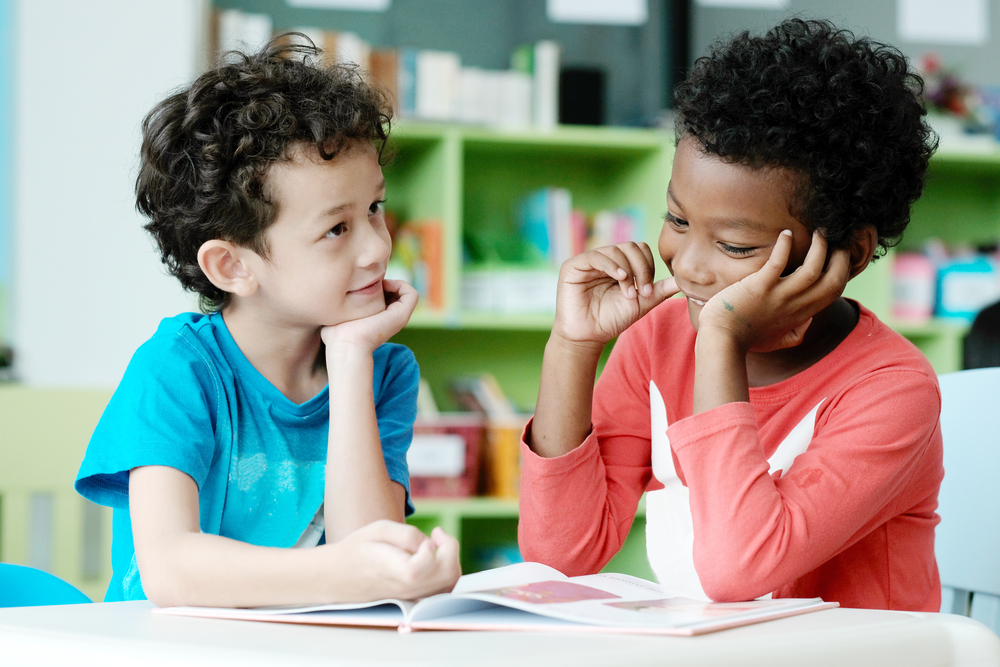 But without the help of adults, children will not be able to adopt the experience of artistic activity.
But without the help of adults, children will not be able to adopt the experience of artistic activity.
The ability to perceive literary creativity, the formation of personality on the basis of obtaining cultural experience - all this depends entirely on the level of cultural development of the teacher himself.
It is especially important for the formation of preschool children to rationally organize their introduction to reading. At preschool age, children learn about the world in two ways: through sensory perception and through reading books.
In order for reading to become a powerful tool for enriching the personal development of a child, so that through reading a child can acquire a need for books, it is necessary to provide him with all the conditions that would allow him to develop the foundations of a reading culture.
Reading development - what's the problem?
Today the problem of teaching children to read is very relevant. Less and less often, children feel the need to read fiction to them. Today, technology is developing rapidly. Children receive a huge stream of information in a wide variety of forms. Parents often forget how important books are for the comprehensive development of their children's personality.
Today, technology is developing rapidly. Children receive a huge stream of information in a wide variety of forms. Parents often forget how important books are for the comprehensive development of their children's personality.
It is very important to teach children to find the information they need with the help of books. It is also important to raise grateful readers from modern children.
By reading the right books, the hearts of children are ennobled. Their mental faculties are improving. Books enable children to learn language better. All this allows them to better recognize the world around them, get acquainted with nature and relationships between people.
If you often read books with a preschooler, also make life observations with him and get acquainted with different types of human activity, then the child will gradually comprehend the world around him, he will learn to understand the beautiful, this will help him develop morality.
What is a future reader like?
So, every child is a reader.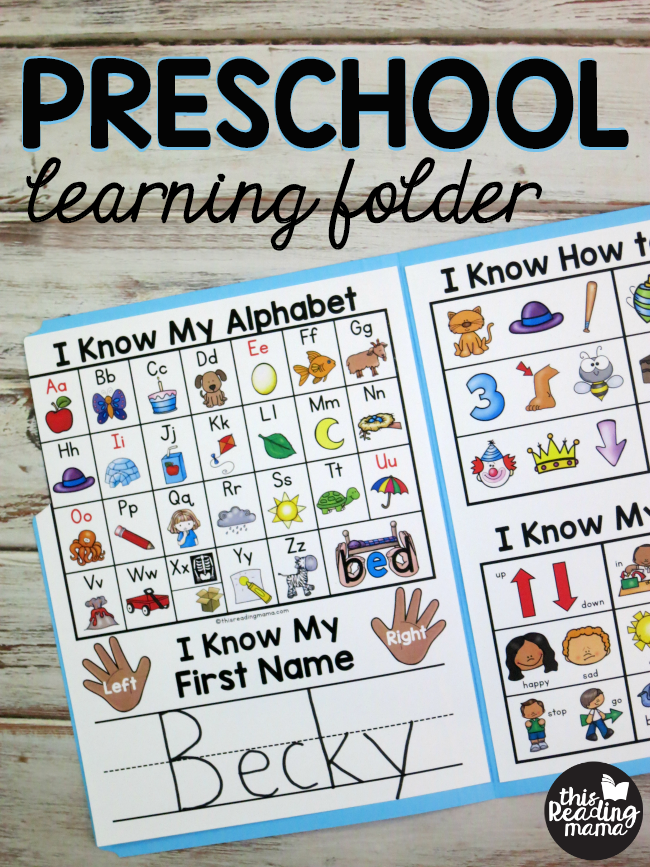 And for this he does not have to be able to read at all. After all, he listens to how adults read books to him. He chooses which story he wants to listen to. He perceives what is in the book, gives it his own assessment, and therefore is a reader.
And for this he does not have to be able to read at all. After all, he listens to how adults read books to him. He chooses which story he wants to listen to. He perceives what is in the book, gives it his own assessment, and therefore is a reader.
If the child's reading abilities are not taken care of, then reading and developing reading skills can be harmful for him, as wrong stereotypes can be fixed in his mind.
The future reader should not just understand the content of a literary work. He must feel the artistic form used by the author, understand the figurative language. All modern programs reflect these skills. But in order for a child to sufficiently master reading skills, it is necessary that his development as a reader begins in the early preschool period.
It is at this age that children begin to receive their first literary impressions, they form artistic impressions in their minds, their emotional culture begins to develop, personal interests and needs develop.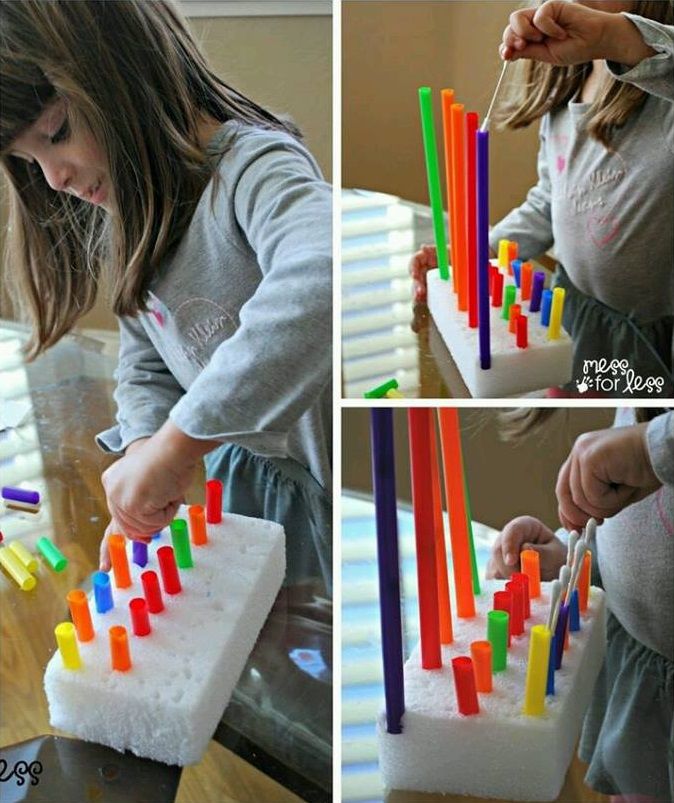
Methods for the formation of artistic activity
Many domestic authors devoted their works to introducing preschool children to reading. They pay special attention to how children of different ages perceive works of art, what kind of artistic activity they show, how learning is connected with the creativity of children. It also affects the development of the ability for artistic speech activity.
Children should learn to appreciate works of art. This will help them overcome such an attitude towards works of literature, as if they only reflect reality and can broaden their horizons.
Pedagogical literature is replete with a variety of programs and methods that are united by a common goal - the formation of reader interest, the development of reading skills.
For example O.S. Ushakova writes that the teacher in kindergarten has an important task - to develop in preschoolers a love for a work of art, respect for literary works, and the development of reading skills. They offer a system by which children can become familiar with different types of fiction.
They offer a system by which children can become familiar with different types of fiction.
At the same time, the authors believe that the main goal of reading classes is the development of emotional-figurative perception of books, the formation of attention to the visual means of speech, the skill of using language means for expressiveness.
Today, the tasks of introducing children to various works of literature have changed. This is also reflected in legal documents. But although according to the text of various programs it is necessary to study literary works as a combination of form and content through the development of reading skills, in real life this is usually not done.
Often educators use time to read books just to fill in the gaps between two classes. As a result, preschoolers are not able to properly understand the figurativeness of literary speech, they perceive the text as a reflection of reality, they find only specific information in works of art.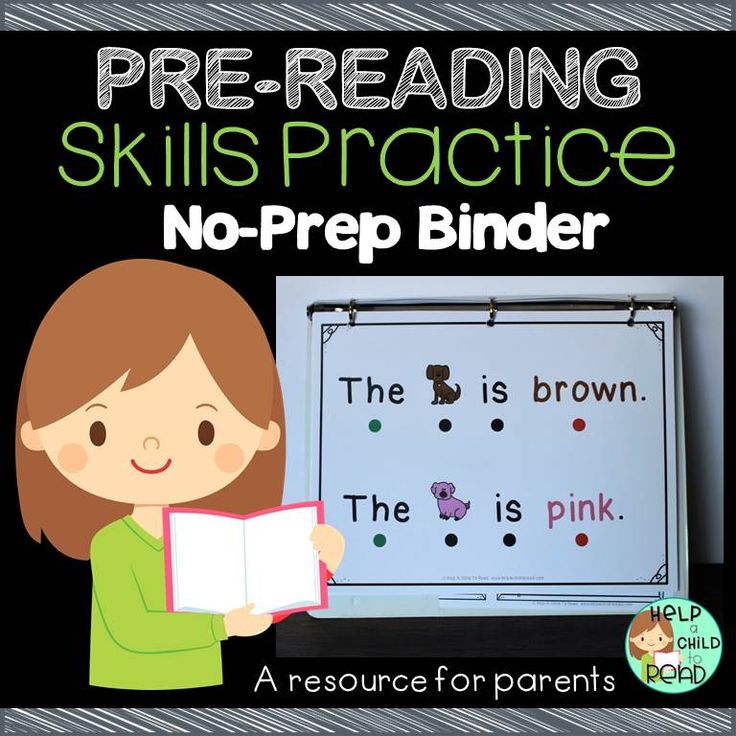
Reader characteristic
According to some researchers, the separation of reading types becomes noticeable at the senior preschool age. We can distinguish the type of "literate readers". These children are able to perceive the text in the unity of form and content. They enjoy the very process of reading a book and understanding what they read. There is also a type of "readers-consumers". They are only interested in a book if they receive an award for it. They are not interested in what is written in the book.
Children belonging to the type of "business readers" show more interest in encyclopedic literature, and not in works of art. There are also children who are of the "leisure readers" type. They are not interested in the content of the book, and they can easily switch to something else. And children from the “illiterate readers” group do not perceive what they read.
Good readers can only grow as a result of properly organized work with books. According to Z.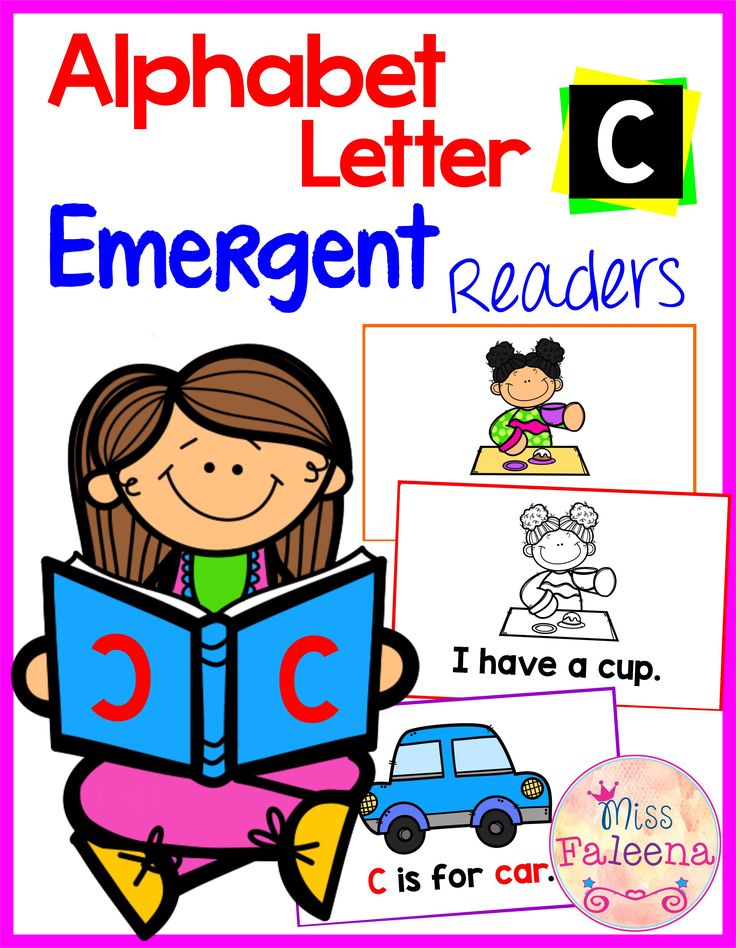 A. Gritsenko, each reader goes through two stages of the formation of reading abilities: the first stage is passive - the child listens to those works that an adult offers him; the second stage is active - the child already has several favorite works that he memorizes and retells well, and uses the plots of these books during games.
A. Gritsenko, each reader goes through two stages of the formation of reading abilities: the first stage is passive - the child listens to those works that an adult offers him; the second stage is active - the child already has several favorite works that he memorizes and retells well, and uses the plots of these books during games.
Novice Reader Skills
In developing a love of reading, one must remember that this process should be guided by the subsequent education of children in school. L.M. Gurovich determined the skills that a novice reader should have. They are based on the perception of aesthetic reality and on the understanding of the plot of literary works.
This includes a whole list of skills. The child should be able to listen to the reading of a work of art, correlate what he hears with the drawn pictures. He must notice the connections in the text, understand the main idea of the read work. He must see the motives of different characters, evaluate their actions.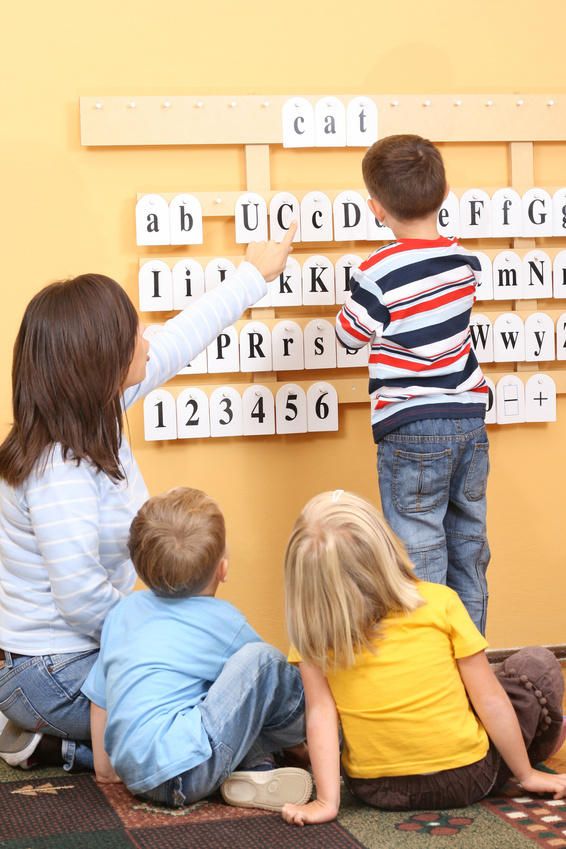
Also, the child must be able to emotionally perceive the content and design of a work of art. He must be able to empathize with the characters, experience the feelings and moods of the heroes of fairy tales. Vivid pictures of the events described should emerge in his imagination. Also, children should be able to perceive the figurative meaning of some phrases, choose one of the most appropriate meanings of different words. Also, the child should use in everyday speech some verbal expressive means from the literature read.
Thus, preparing the future reader, it is necessary not only to accustom the child to the book as early as possible. It is necessary to develop in the child the skills of a full-fledged perception of the book that are appropriate for his age. However, today children are not very interested in books as such. This also applies to adults. Therefore, today the culture of reading in the preschool period is sharply declining.
Therefore, employees of kindergartens are concerned about how to properly form the ability to perceive books, how to develop the spiritual and cultural world of preschoolers.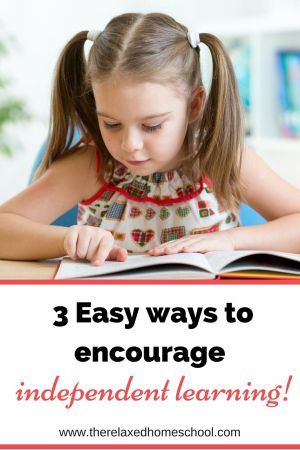
Education of the future reader is a very complex and lengthy process. It consists of successive stages, each of which has specific tasks.
Feasibility and conditions for teaching reading to children of senior preschool age
The article aims to consider the need to teach reading to a preschool child, all the pros and cons. The psychological aspect of this problem is considered. Methods and techniques of teaching. It is concluded that the skill of writing and reading acquired in preschool childhood benefits the child's personality only in the case of a competent approach to the learning process.
All that I have achieved in life
made possible by the book.
Richard Bach
Caring parents of preschool children are puzzled by the question: is it necessary to teach a child to read and write before school? There are a lot of disputes about this. Some recommend not to rush and not force the child to read before school, others advise to lean on the alphabet almost from the cradle.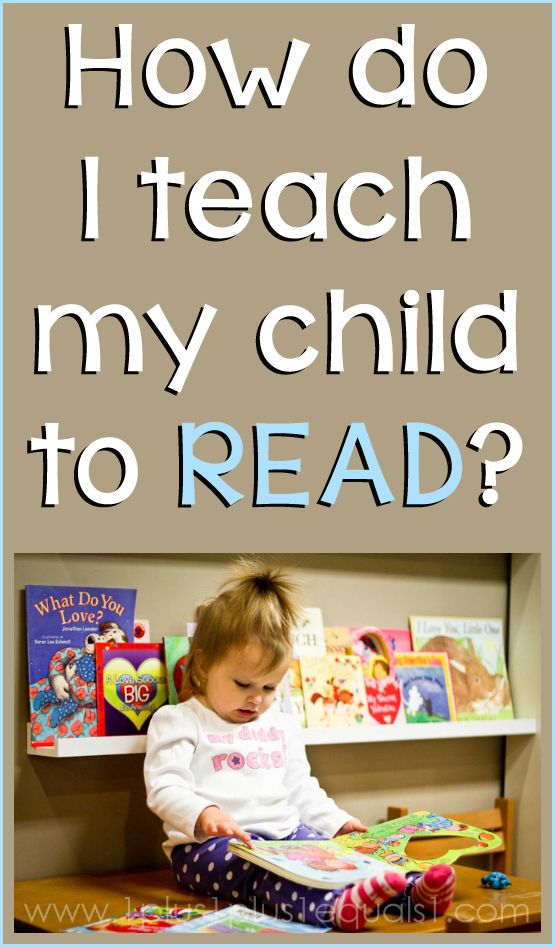 Let's try to figure it out...
Let's try to figure it out...
The main task for all raising adults should be the formation of a comprehensively and harmoniously developed personality of the child. At present, most teachers and parents understand the need to pay as much attention as possible to the formation of the inner world of the child, the education of a creative principle in him. Reading is a special value in this matter, because in the process of reading, in the process of communicating with a book, the child not only learns the past, present and future of the world, but also receives spiritual development, joins the treasures of literature, art, he develops high aesthetic feelings and qualities. Thus, the moral and cultural basis of his personality is formed.
Literacy education is of a general developmental nature, contributes to the development of active mental activity, working capacity, moral and volitional qualities of the child's personality. In the process of reading, working memory and attention stability are improved, on which mental performance depends.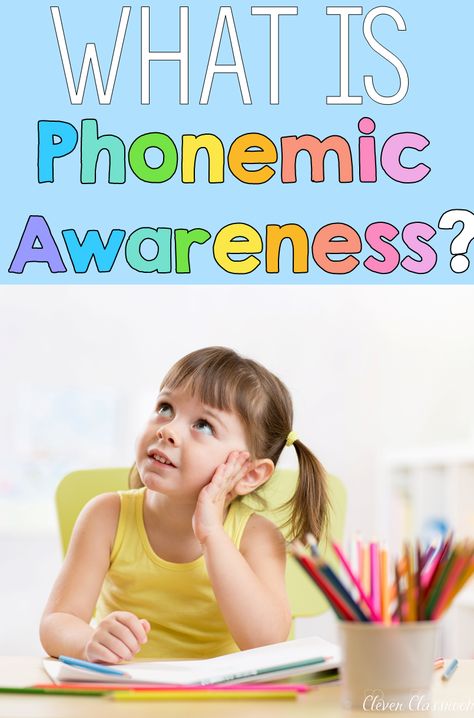 A reading child learns to use information and explore it. Reading contributes to the development of speech, the ability to correctly form one's thoughts, analyze. Reading is an impulse to creative insight, to the creation of a new artistic creation. Thus, it is necessary and useful to read, then we will consider the issue of the relevance of teaching reading at preschool age.
A reading child learns to use information and explore it. Reading contributes to the development of speech, the ability to correctly form one's thoughts, analyze. Reading is an impulse to creative insight, to the creation of a new artistic creation. Thus, it is necessary and useful to read, then we will consider the issue of the relevance of teaching reading at preschool age.
“How good it is to be able to read ... "We all remember the lines of our favorite children's poem, but it’s really good when a baby can read on his own, and not because “You don’t need to pester your mother ...”, but because this is one of the paramount tasks in preparing a child for school - to encourage him to independent mental activity, to teach him to think logically. An important place also belongs to the development of speech, which aims to teach children to speak meaningfully, to give an initial concept of language, literature, to enrich speech, to instill a love for the book. The successful development of speech in preschool age is also crucial for the subsequent systematic study of the native language.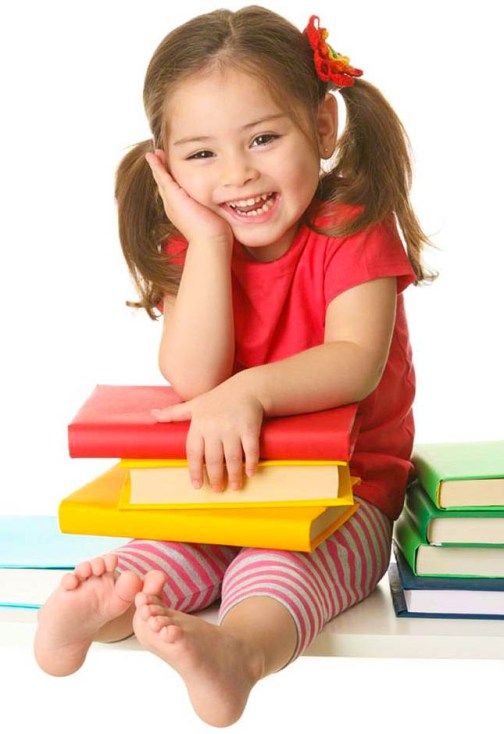
At preschool age, the child's speech is understandable and does not cause him difficulties in communication, until special requirements are imposed on it. Small deviations in speech development do not bother parents, but things change dramatically with the beginning of schooling. Already at the very beginning of learning to read and write, children experience significant difficulties, write with errors, and as a result, poor grades, a negative attitude towards school, deviations in behavior, increased fatigue and neurosis.
The relevance of teaching reading at preschool age is also due to the increased requirements of schools, especially gymnasiums and lyceums, for future first graders. One of the requirements is the ability to read and readiness to master literacy, which includes the child's mastery of sound-letter, sound-syllabic and lexical-syntactic analyzes and synthesis before entering school. Teaching reading at preschool age contributes to the development of natural literacy. In addition, the alphabetical period in the first grade coincides with the period of children's adaptation to the conditions of school life and education. Pedagogical practice shows that children who read feel more confident and have more prospects for successful schooling.
In addition, the alphabetical period in the first grade coincides with the period of children's adaptation to the conditions of school life and education. Pedagogical practice shows that children who read feel more confident and have more prospects for successful schooling.
Next, consider the question: when can you start teaching a child to read?
Many parents, and even teachers, are in a hurry to teach their children to read and write at the age of 3-4, referring to the accelerated pace of the twenty-first century. But you shouldn't do that. The child still has too little life experience, and reading for him is basically purely mechanical. He cannot yet feel and understand all the beauty and richness of the printed word. Teachers F. A. Sokhin and A. M. Fonarev called the desire to force the child’s education “artificial acceleration”.
The studies of Professor I. A. Arshavsky, teacher N. M. Aksarin, psychologist L. S. Vygotsky showed that the fifth year of a child’s life is the period of the highest “linguistic talent”, a special susceptibility to the sound side of speech.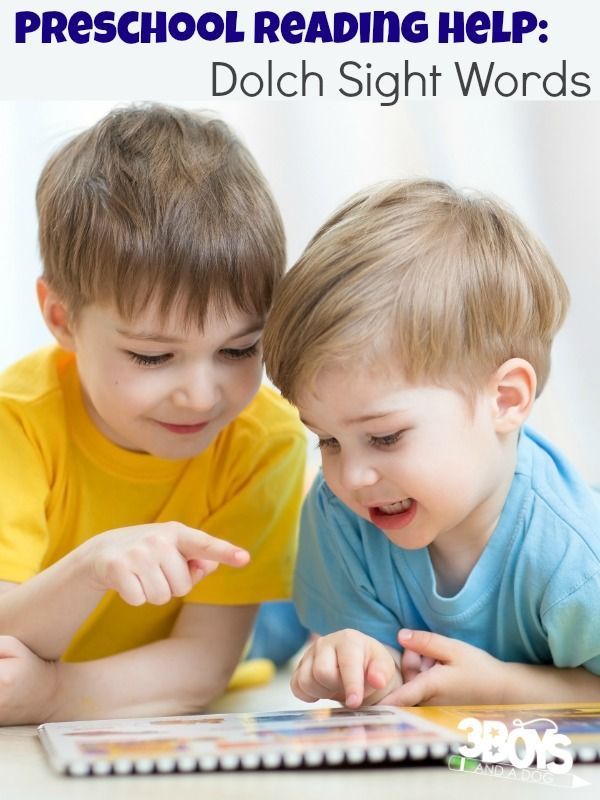 That is why it is advisable to introduce preschoolers into the sound system of their native language already at the senior preschool age. In order for a child to write correctly, he must imagine that a sentence is made up of words, a word - of syllables and sounds arranged in a certain sequence. Only by learning to put speech sounds into syllables and words can a child learn reading skills.
That is why it is advisable to introduce preschoolers into the sound system of their native language already at the senior preschool age. In order for a child to write correctly, he must imagine that a sentence is made up of words, a word - of syllables and sounds arranged in a certain sequence. Only by learning to put speech sounds into syllables and words can a child learn reading skills.
K. D. Ushinsky said about it this way: “Only he can consciously write and read, who has mastered the sound-syllabic structure of the word.”
Therefore, it is important to convey to the child the concepts of “letter” and “sound” as early as possible, to teach him to distinguish these elements from the composition of the word, to distinguish the whole variety of consonants and vowels, deaf and voiced, soft and hard sounds, to select words for given sound patterns. That is, in order for a child to quickly and easily master reading and writing, while avoiding typical mistakes, it is necessary to teach him sound synthesis and analysis first.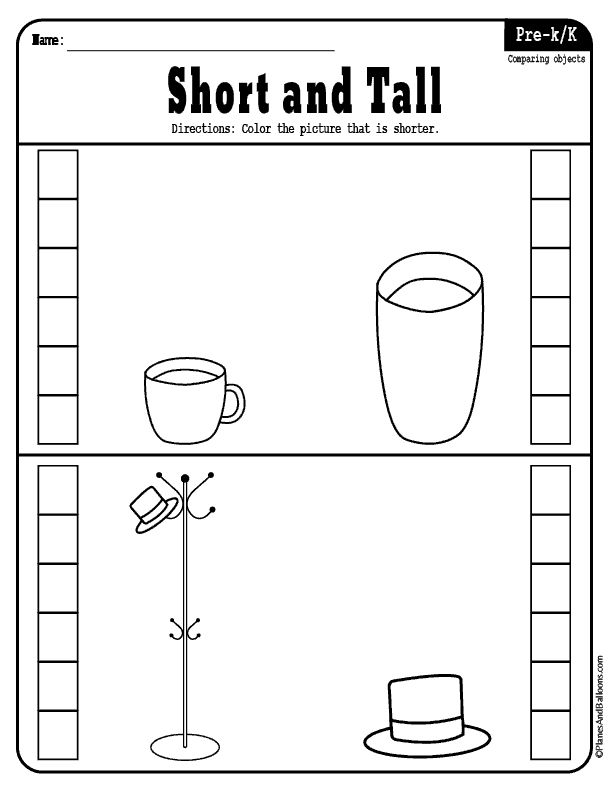 And this, in turn, is possible on the basis of a stable phonemic perception of any sound of native speech.
And this, in turn, is possible on the basis of a stable phonemic perception of any sound of native speech.
Being the most important means of human communication, knowledge of reality, language serves as the main channel for introducing a person to the values of spiritual culture, as well as a necessary condition for education and training. The development of oral monologue speech in preschool childhood lays the foundation for successful schooling.
Preschool age is a period of active assimilation of the spoken language by the child. Full mastery of the native language in preschool childhood is a necessary condition for solving the problems of mental, aesthetic and moral education of children in the most sensitive period of development. To successfully teach reading to older preschoolers, they must have sufficiently formed such qualities as correct pronunciation, phonetic analysis and synthesis skills, phonemic perception, as well as a high level of active vocabulary development, assimilation of the grammatical system of native speech and a high level of arbitrariness of actions.![]() The sooner the teaching of the native language is started, the more freely the child will use it in the future, and this is the expediency of teaching reading to older preschoolers.
The sooner the teaching of the native language is started, the more freely the child will use it in the future, and this is the expediency of teaching reading to older preschoolers.
The child must not only be taught, but taught correctly, so as not to discourage reading in the future, to make the reading process enjoyable.
The most important thing in the process of teaching reading and literacy is to create comfortable conditions for the child's personality. This is the key to successful learning. Therefore, learning to read can be regarded as an activity of applied significance, carefully only at the request of the child in a playful way, entering his life. The lesson should not only consist of reading syllables, words or sentences. It is necessary to change the types of activities: they read, wrote letters or words, painted over something, scribbled, completed the task for the development of mental operations (analysis, synthesis, classification, comparison, generalization), moved, etc.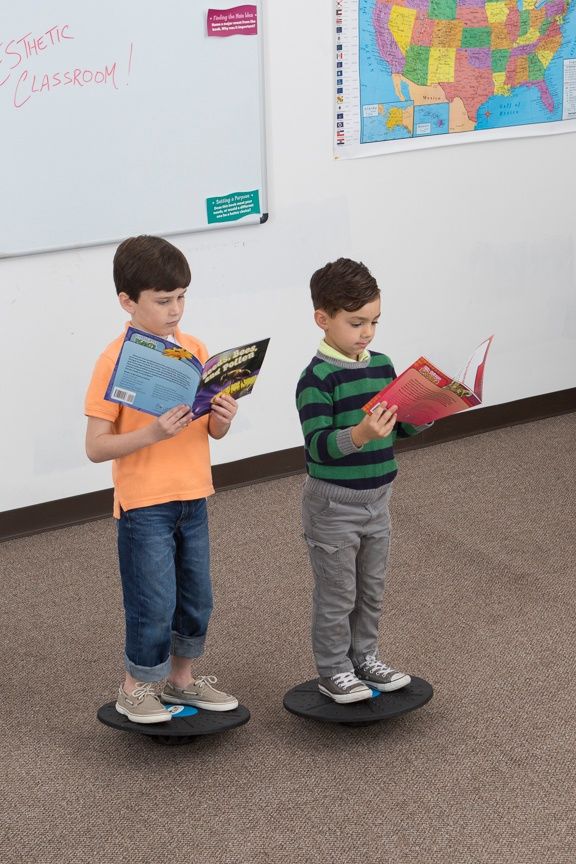 You need to choose the right moment for learning. The child should be in a good mood and not tired. As soon as an adult notices that the child is distracted, it is necessary to stop the lesson, even if the allotted time has not yet passed. You can’t scold the baby and compare him with other more capable children, this will only slow down the learning process.
You need to choose the right moment for learning. The child should be in a good mood and not tired. As soon as an adult notices that the child is distracted, it is necessary to stop the lesson, even if the allotted time has not yet passed. You can’t scold the baby and compare him with other more capable children, this will only slow down the learning process.
It is important to raise a reader in a child, be sure to read poetry, fairy tales, stories every day. Everyday reading introduces the child to books, shows how interesting and useful it is to be able to read.
There is no need to strive to make a “well-read know-it-all” out of a child, this is not justified. When adults allow everything to be read, not in accordance with the age and ability of a preschooler to correctly perceive the entire amount of information, then he does not learn the content of the books meaningfully. This leads to overwork, restlessness, inability to concentrate, to show a steady interest in the content of what is read.
It should be remembered that preschool childhood, as a period in human life, plays an exceptional role in shaping what not only each individual person, but all of humanity, the world as a whole will become.
The ideological, moral, cultural priorities laid down in preschool childhood determine the life path of generations, affect the development and state of society as a whole, therefore, the choice of literature for independent reading by a child must be approached seriously and carefully. At the initial stage, for independent reading, the child needs to be offered stories and fairy tales previously read to him by adults.
For a child, attention to his activities is important. He will become engaged with great pleasure if an adult takes a direct part in his studies and rejoices in his success. It is necessary to keep a notebook of achievements and regularly celebrate the success of the child. At the end of the lesson, it is imperative to praise the child for his “work”, to note his achievements. You don't have to be afraid to exaggerate.
You don't have to be afraid to exaggerate.
Thus, teaching reading and literacy at preschool age contributes to the comprehensive and harmonious development of the child's personality, forms natural literacy, and is one of the conditions for successful adaptation to school. However, it should be remembered that the skill of writing and reading acquired in preschool childhood benefits the child's personality only in the case of a competent approach to the learning process.
Literature:
- Gvozdev AN How children of preschool age observe the phenomena of language Issues of studying children's speech. M., 2008.
- Karpova S. N. Awareness of the verbal composition of speech by preschoolers. M.: Enlightenment, 2007
- Sokhin F. A. Tasks of speech development Development of speech in preschool children. M., 2009. 4. Sokhin F. A. Preparation for teaching literacy The development of speech in preschool children. M., 2008. S.
